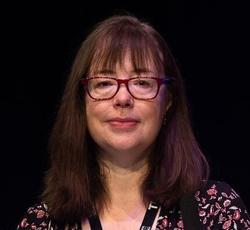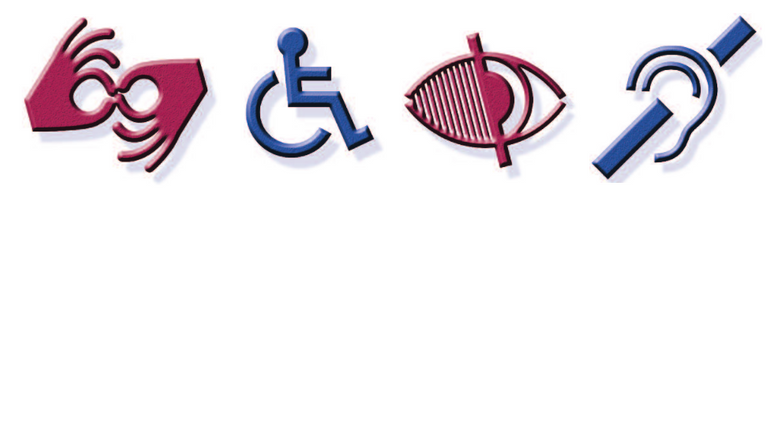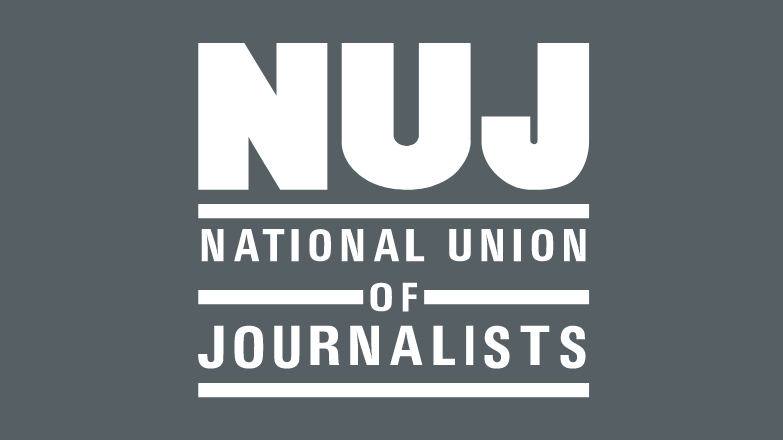The NUJ recognises the need for true equality in our profession.
The NUJ's work is informed by the social model of disability. This states that disability is largely caused not by a person's impairment, but by the disadvantages or restrictions in activity caused by a society that takes little or no account of those impairments.
Disabled members in the media industry are overwhelmingly concentrated in the lowest-paying, low-status or freelance jobs. This makes it particularly difficult for them to get time off to attend meetings or to afford the related costs that disability can bring.
Disabled members' council
The NUJ's disabled members' council (DMC) exists to highlight the needs of disabled members of the union and to advise and assist all members of the NUJ on disability issues.

I am Ann Galpin, a freelance journalist, chair of the NUJ Disabled Members’ Council and co-chair of the TUC Disabled Workers’ Committee. Our joint DMC vice-chairs are Lynn Degele who works in publishing and chairs the Oxford Branch, and Jim Symons, a retired journalist who lives in Dundee. Our disabled members’ rep on the national executive committee is Natasha Hirst, the NUJ’s vice-president.
We have been delighted to welcome new members on to the council who work across different sectors and have brought new ideas with them. The DMC embraces the social model of disability, and we promote disability equality throughout the NUJ. We highlight access and inclusion issues in the union’s wider work, such as training sessions, guidance for union meetings, and the development of NUJ resources on the menopause and the safety of journalists. Long Covid has put chronic illness and disability on the agenda for employers, who often struggle to provide appropriate support and reasonable adjustments.
Working closely with the union’s Health and Safety Committee, we have developed resources for reps and illustrated the issues that many disabled workers face as employers start making decisions on future working arrangements as more hybrid ways of working become common. Recent events include a popular virtual drop-in session in December for disabled members in celebration of the International Day of Disabled People; and we will be holding more.
The pandemic has taken a toll on people’s mental health and supporting members has been a priority for the NUJ. My role as co-chair of the TUC Disabled Workers’ Committee is a busy one and an excellent opportunity to highlight issues for disabled freelance members as well as those in employment. I have been involved with organising and chairing numerous events, including topics such as Long Covid, mental health and sexual harassment of disabled women.
We are active participants of the TUC Disabled Workers’ Conferences and this year our motion, which was carried, was about “digital accreditation as a reasonable adjustment in sports journalism”. We took part in many debates including on legislative changes to strengthen the rights of disabled workers to receive reasonable adjustments, mandatory reporting by employers of the disability pay gap and creating awareness about the menopause. Other work includes developing resources for our neurodiverse members.



